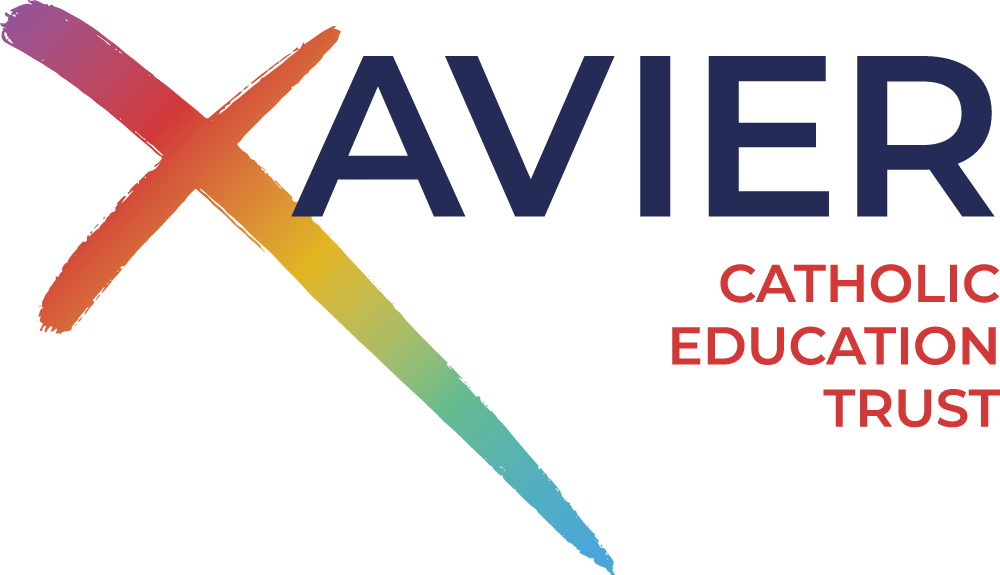If a word processor (with the spelling and grammar check disabled) is the candidate’s normal way of working within the centre, then it should be used in examinations to encourage independent working and access to marks awarded for spelling, punctuation and grammar (see section 5.8). A scribe must only be used where a candidate is not sufficiently competent or confident in using a word processor with the spelling and grammar check or predictive text facility disabled (switched off). Some candidates will be able to use a word processor in most of their subjects but may require a scribe in subjects such as Maths and Science.
A scribe or speech recognition technology software will not be allowed if a candidate’s literacy difficulties are primarily caused by English, Irish or Welsh not being his/her first language.
Scribe
So as not to give an unfair advantage, a scribe will only be allowed where:
- an impairment has a substantial and long-term adverse effect on the candidate’s writing; or
- a candidate cannot write, type or Braille independently, or at sufficient speed to record their answers even with extra time allowed, because of a substantial and long-term impairment.
The use of a scribe must reflect the candidate’s normal way of working within the centre in the light of their substantial and long-term impairment.
Speech Recognition Technology
Where the centre has approval for the use of a scribe and where it reflects the candidate’s normal way of working within the centre, as appropriate to his/her needs, the candidate may alternatively use:
- a word processor with the spelling and grammar check facility enabled; (NB This arrangement will not be permitted in ELC, GCSE and GCE Modern Foreign Language specifications. See paragraph 5.7.6.)
- a word processor with predictive text/spelling and grammar check facility enabled; (NB This arrangement will not be permitted in ELC, GCSE and GCE Modern Foreign Language specifications. See paragraph 5.7.6.)
- speech recognition technology with predictive text when the candidate dictates into a word processor. Software (a screen reader) may be used to read back and correct the candidate’s dictated answers; (NB This arrangement will not be permitted in ELC, GCSE and GCE Modern Foreign Language specifications. See paragraph 5.7.6.)
- computer software, producing speech, which is used to dictate to a scribe.
However, the candidate will not have access to marks awarded for spelling, punctuation and/or grammar unless he/she has independently dictated spelling, punctuation and/or grammar, and this has been recorded on the scribe cover sheet.














